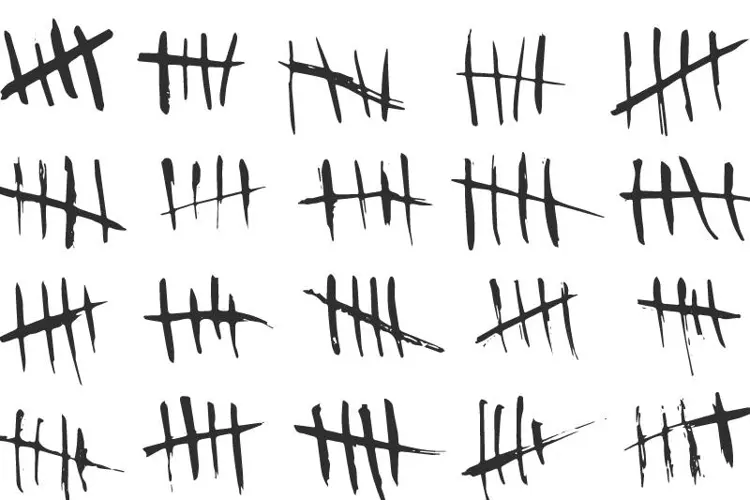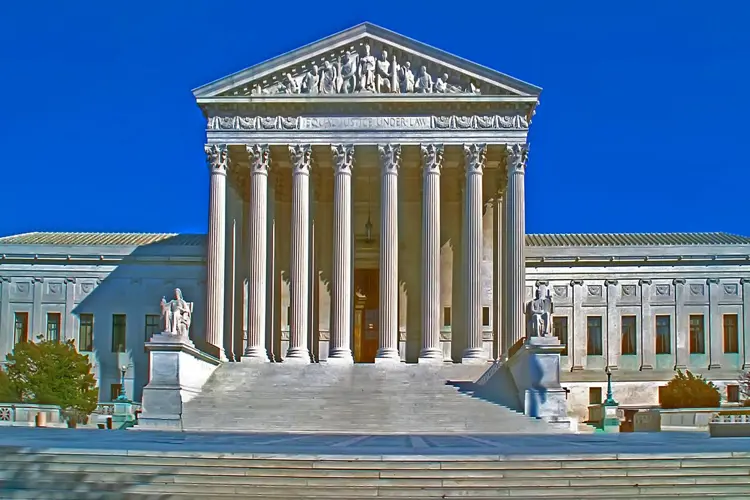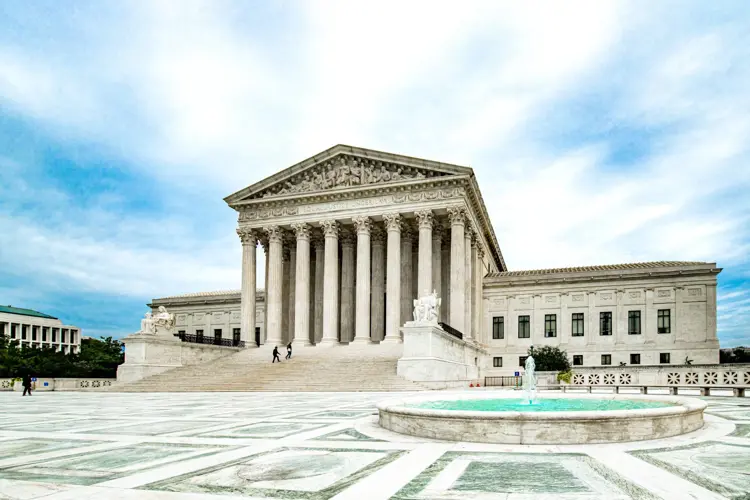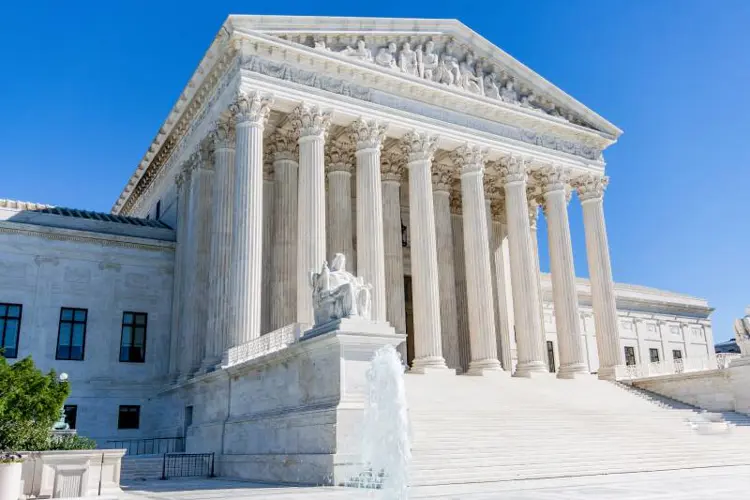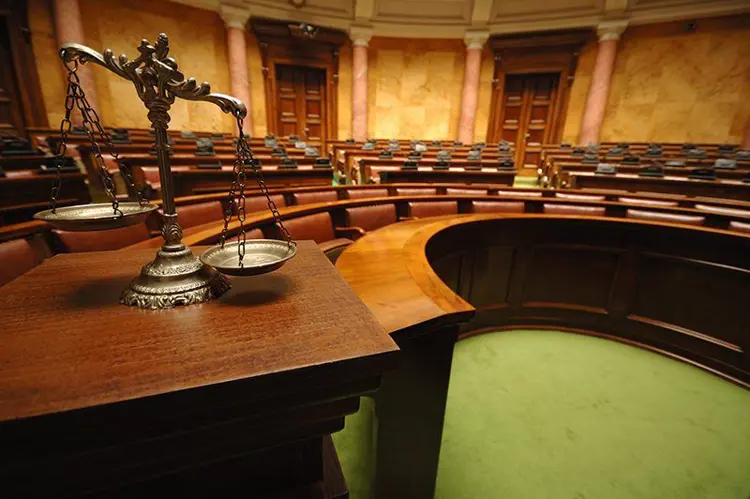A group of small vaping companies has petitioned the U.S. Supreme Court to review its lawsuit challenging the validity of the FDA’s vaping regulations, after the action was rejected previously by a federal district court and circuit court of appeals.
The lawsuit, Moose Jooce, et al v. Food and Drug Administration, challenged the FDA Deeming Rule on grounds that it violates the Appointments Clause and First Amendment of the Constitution. The action, which consolidated three separate complaints by small vaping businesses, was decided in favor of the FDA in February 2020 by a U.S. District Court judge. On Dec. 1, 2020, a three-judge panel of the District of Columbia Circuit Court of Appeals upheld the earlier decision.
Lawyers from the Pacific Legal Foundation, which is representing the vaping businesses, filed a petition for a writ of certiorari (Latin for “to be made certain”) from the Supreme Court in late February. The petition asks for review of the previous appeal based only on the Appointments Clause challenge (they have dropped the First Amendment component).
The petition to the highest court is the second filed recently by vaping industry interests.
The FDA’s Justice Department lawyers have asked for two extensions of the deadline to reply with their own brief, and are now due to respond by June 2. To be accepted for review, four of the nine Supreme Court justices must agree to grant the writ. Only about 2-4 percent of appeals submitted to the court are accepted each year. If the court does not accept the petition for a hearing, the lower court’s decision will stand.
Amici curiae (“friends of the court”) briefs have been filed in support of the vaping industry petitioners by the Cato Institute and Reason Foundation; Senators Rand Paul and Ron Johnson, and Representative Jim Baird; and 36 industry and consumer advocacy organizations, including CASAA, SFATA and the American Vaping Association.
The petition to the highest court is the second filed recently by vaping industry interests. In December 2020, lawyers representing Mississippi-based Big Time Vapes and the United States Vaping Association (USVA) asked the Supreme Court to hear its challenge to the Tobacco Control Act. (In that case, the Justice Department, representing the FDA, has just responded to the petition with its own brief.)
Read Vaping360’s previous coverage of this lawsuit:
The Freemax REXA PRO and REXA SMART are highly advanced pod vapes, offering seemingly endless features, beautiful touchscreens, and new DUOMAX pods.
The OXVA XLIM Pro 2 DNA is powered by a custom-made Evolv DNA chipset, offering a Replay function and dry hit protection. Read our review to find out more.
The SKE Bar is a 2 mL replaceable pod vape with a 500 mAh battery, a 1.2-ohm mesh coil, and 35 flavors to choose from in 2% nicotine.
Because of declining cigarette sales, state governments in the U.S. and countries around the world are looking to vapor products as a new source of tax revenue.
The legal age to buy e-cigarettes and other vaping products varies around the world. The United States recently changed the legal minimum sales age to 21.
A list of vaping product flavor bans and online sales bans in the United States, and sales and possession bans in other countries.







